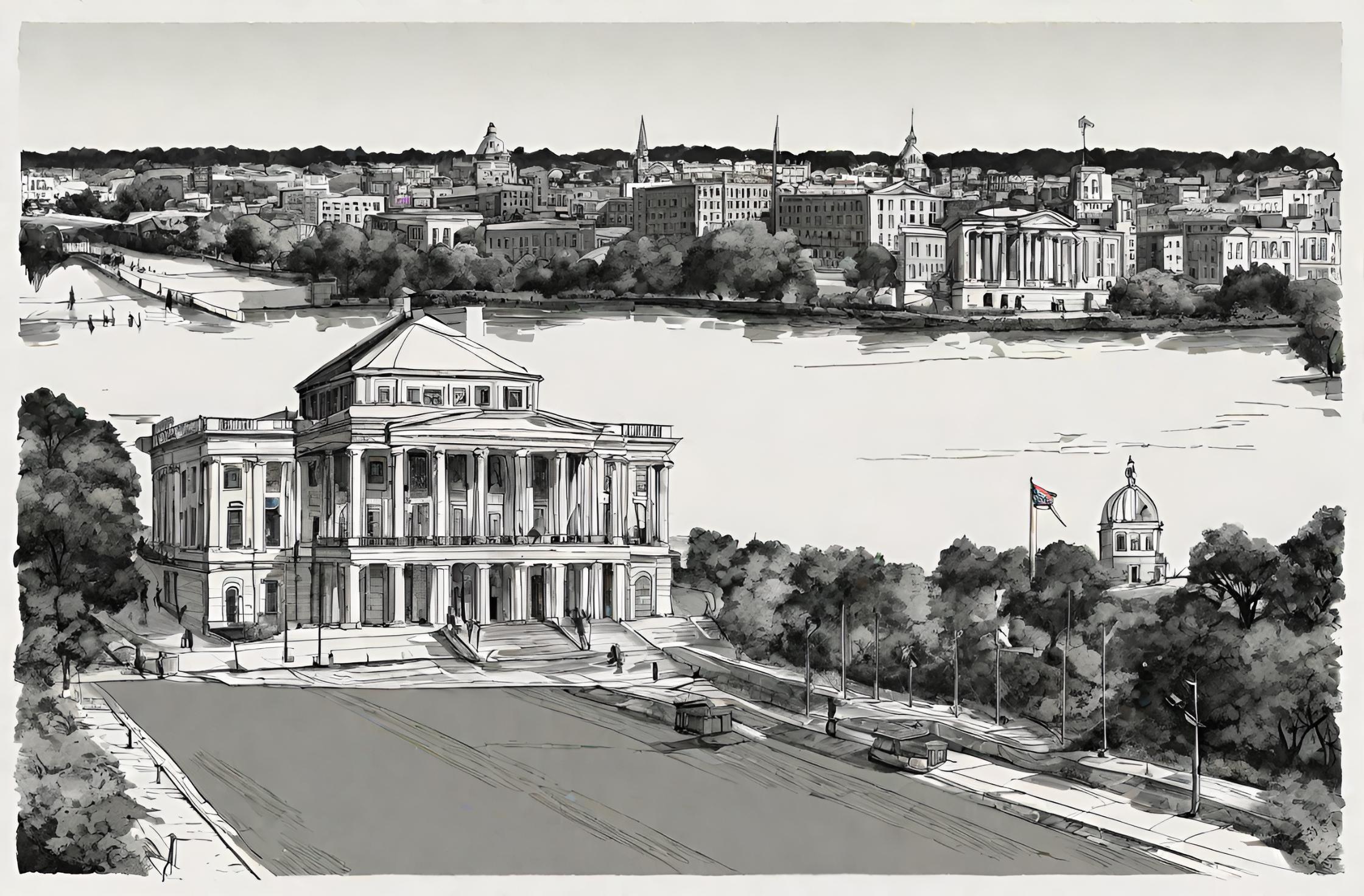Flashback to May 9
American History

1861
American Civil War: Richmond, Virginia, is named the capital of the Confederate States of America
Read moreIn the annals of American history, few events have had a greater impact on the course of the nation than the American Civil War. Spanning from 1861 to 1865, this brutal conflict pitted the Northern states, known as the Union, against the Southern states, known as the Confederacy. One pivotal moment in the war occurred on May 8, 1861, when Richmond, Virginia, was proclaimed the capital of the Confederate States of America.
The decision to designate Richmond as the capital was not arbitrary. The city held great strategic importance for the Confederacy. Its location on the James River provided easy access to transportation and trade routes, making it an ideal hub for the Confederate government. Additionally, Richmond was not only the political center but also a crucial industrial and manufacturing hub for the South.
By choosing Richmond as their capital, Confederate leaders aimed to solidify their control over the Southern states and establish a seat of power that would serve as a rallying point for their cause. The inauguration of Jefferson Davis as the President of the Confederate States of America took place in Richmond shortly after the city was named the capital. This momentous event further legitimized the Confederate government and signaled their determination to secede from the Union.
The naming of Richmond as the Confederate capital had significant implications for both sides of the war. For the Union, it was a stark reminder that the Confederacy was a formidable adversary with a functioning government. It also highlighted the need for the Northern states to develop effective strategies to defeat the Confederacy and restore the Union.
On the other hand, the designation of Richmond as the capital provided the Confederacy with a centralized location for decision-making and governance. It allowed Confederate leaders to coordinate their military efforts, implement policies, and establish diplomatic relations with foreign nations. Richmond became the heartbeat of the Confederacy, symbolizing their commitment to defending their way of life.
The Confederate government wasted no time in making Richmond a symbol of their power and authority. Infrastructure development projects were undertaken, including the construction of government buildings, armories, and fortifications. The city quickly became a hub of activity, attracting not only government officials but also military personnel, merchants, and supporters of the Confederate cause.
Unfortunately for the Confederacy, the naming of Richmond as the capital did not guarantee victory. The Union launched multiple offensives in an attempt to capture the city and deal a decisive blow to the Confederate government. The most famous of these campaigns was the Peninsula Campaign led by Union General George B. McClellan in 1862. Although the Union forces were ultimately unsuccessful in capturing Richmond during this operation, it showcased the determination of the Northern states to reclaim the Confederate capital.
As the war raged on, Richmond faced increasing challenges. The Union blockade severely hampered trade and supply lines, leading to food shortages and economic woes. The city also suffered from repeated bombardments and military engagements, leaving its infrastructure in ruins. Despite these hardships, the Confederate government clung to Richmond until April 1865, when Union forces under General Ulysses S. Grant finally captured the city.
The fall of Richmond marked a turning point in the Civil War. The Confederate capital had been captured, and the Southern states were in disarray. Just a few days later, General Robert E. Lee would surrender his army, effectively ending the war. Richmond, once a symbol of Confederate power, was now under Union control.
Today, Richmond, Virginia, holds a unique place in American history as the former capital of the Confederacy. The city’s role in the Civil War is commemorated through various historical sites and museums, attracting visitors from all over the country. While the events of May 8, 1861, may have shaped the course of the war, they also serve as a reminder of the divisions and conflicts that tore the nation apart during this tumultuous period.
We strive for accuracy. If you see something that doesn't look right, click here to contact us!
Sponsored Content

Walter Reuther, United Auto…
On May 9, 1970,…

US performs nuclear test…
On May 9, 1963,…

Catholic church beatifies the…
The Catholic church celebrated…

